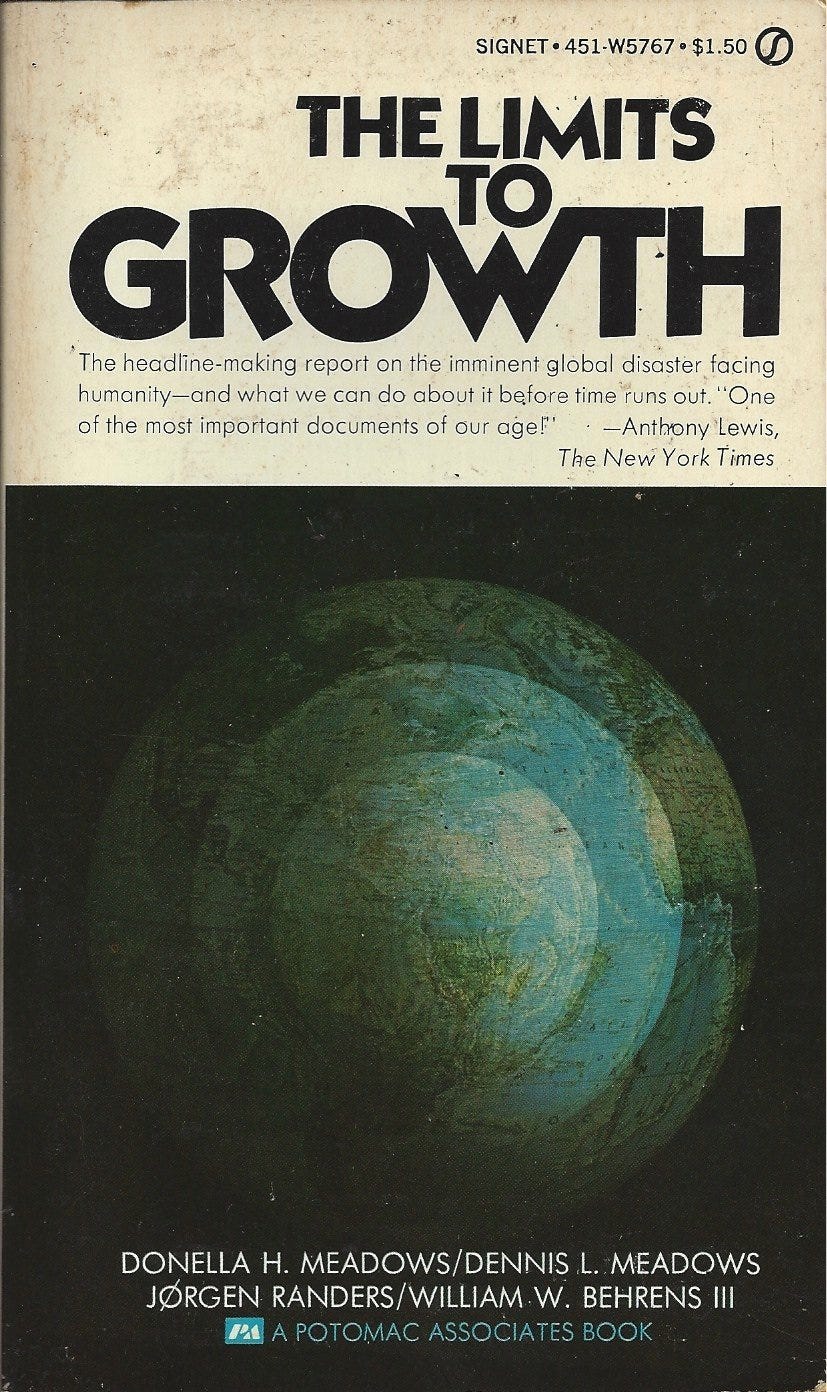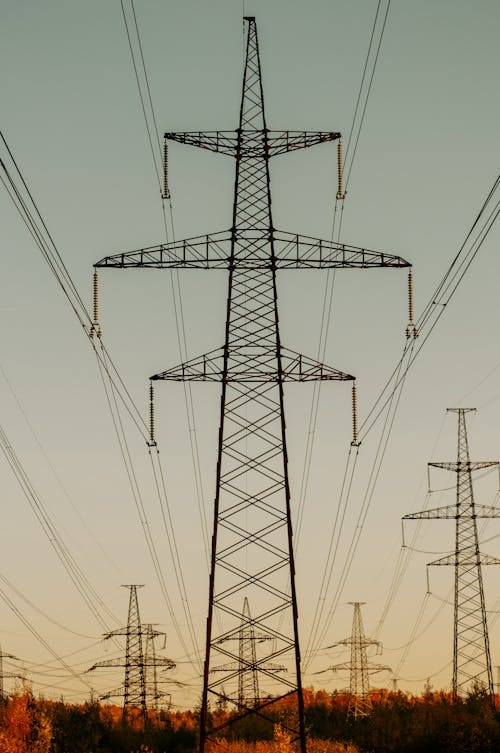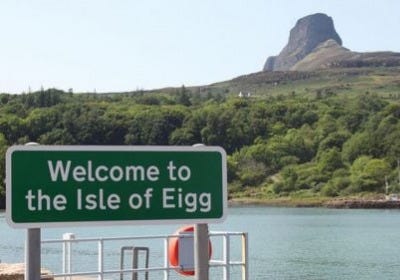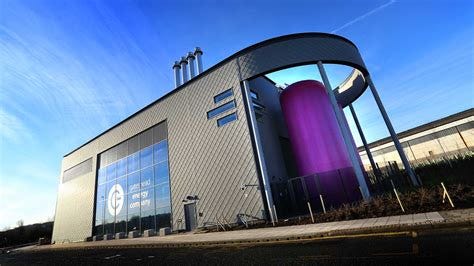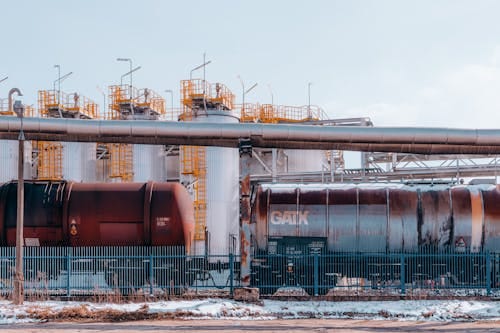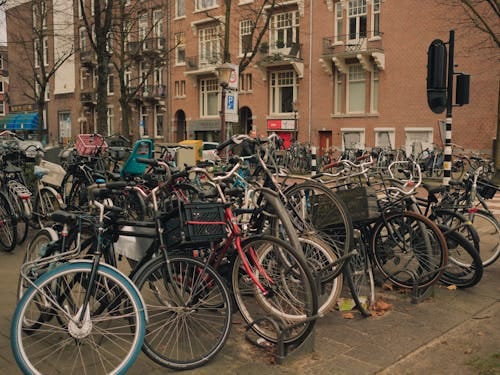This essay develops the themes in Part I of this essay see here
(Disclaimer: these are my own opinions and I recommend further research if you want to explore this issues in depth).
‘Turn off the immersion’ was a cry often heard in our 1970s rural Irish house, as both my parents considered it a huge crime to waste electricity1. My late father was also a little too keen in my opinion on turning off the oil fired central heating in our drafty 1970s Irish bungalow, several times in my childhood I awoke to frost on the inside of my bedroom window. He wasn’t alone, household debates about turning the lights or heating off were familiar topics in many Irish and English households of the time (the Bolton comedian Peter Kay talks about ‘putting the big light on’ ).
Unlimited Growth assumes unlimited resources and this is the genesis of Ecocide….
2These debates became more urgent during the 1970s oil crisis, during which the lack of petrol and rolling electricity blackouts caused serious inconvenience to my parents with their growing family. My father had a keen interest in world politics and discussed the issues raised in his copy of the 1972 book The Limits to Growth3 with me. So I grew up with the knowledge that energy could not be taken for granted, and that serious global problems were already brewing. During the 1980s and 1990s his warnings about the fragility of world energy systems seemed to me to be overblown; but in recent times these have now returned with a new urgency.
In my last essay, I discussed the problems with the ‘clean’ energy transition in the UK and Ireland and the unlikelihood that it will be achieved in the projected timescales given the problems with trained staff and equipment shortages. Since the time of writing, I have come across the following from The Royal Society:
No matter how much generating capacity is installed, there will be times when wind and solar cannot meet all demand, and large-scale storage will be needed……In order to meet GB’s needs in 2050, construction of large hydrogen stores must begin in the near future4.
Some efforts are already being made in this direction5 but this is an additional cost which has not yet been factored into the grid transformation.
I also talked about the trend towards greater global integration of electricity grid into larger supergrids. These supergrids are increasing complex, made up of more volatile energy sources such as wind or solar, and can mean that energy can be used as a political pawn (as happened in the energy dispute between Kosovo and Serbia)6 which renders the likelihood of a large scale blackouts due to ‘black swan’ events more probable such as the European blackout of 2006.7
Are there any other issues with the present plans to expanding and decarbonising global electricity grids? Here are some of the other problems that I can think of :
Up to 10% of energy is lost during transmission, and the longer the transmission distances, the greater the energy loss8.
long transmission distances also increase the risk of disruption caused by unforeseen weather events, which are becoming more common than previously.9
in a more volatile global security climate, the high visibility of transmission lines might mean that carefully coordinated attacks have the potential to cripple the supply to major cities. 10
aesthetic concerns: this is likely to be a big problem in the planning stages. Most people consider pylons, solar farms and large scale wind turbines ugly and visually intrusive. A huge increase in these across the landscape as a constant reminder of the costs of modernity is likely to generate a large backlash from the public.11
adding inherently and volatile sources of energy such as wind and solar power will require adding large and expensive artificial stabilisation measures such as synchronous compensators and quad boosters12. These devices expend energy so some of the energy generated will be wasted.
high voltage transmission lines can be a fire risk and several major wildfires in California and elsewhere have been attributed to them. This is less likely to be a problem in the UK and Ireland at present.13
I met my love by the gasworks wall…..14
So are there any alternatives? How for instance did we meet our energy needs before the advent of large countrywide transmission and distribution networks in the UK like the National Grid and Natural Gas distribution networks? In the 1960s most English cities and towns had a local plant which produced gas from coal for home heating which were phased out when North Sea gas fields came onstream15. And before the advent of the National Grid in the UK in the 1920s, many towns had their own coal fired power station usually fuelled by their local pit16. There were often varying voltages and frequencies which meant that moving from one town to another could render your electrical appliances useless in your new home. The same was true in Ireland, and other European countries.
So is there an argument that it may be time to revive some of these autonomous networks in the present day? One modern equivalent of these is what are known as microgrids; small electricity networks, clusters of homes and businesses with embedded (i.e. local) electricity generation, usually renewables like wind turbines or solar and which are generally owned and maintained by the consumers themselves17. Some are stand alone, but most also have a connection to the grid which allows them to either export surplus energy, or import at times of high demand; this can also be disconnected should the need arise. Thus there are no transmission losses internally and a wider connected network of these can be more resilient than a single synchronous network (the US military now run most of their bases as microgrids as part of their climate resilience strategies18).
Living on an Island…
19One interesting example of a stand alone microgrid is on the Scottish island of Eigg, which is self sufficient in electricity.20 This is community owned and run by local volunteers without specialist training and where the island’s 100 consumers commit to energy consumption limits of 5kV per day. Most of their grid is powered by renewal sources like wind and hydro energy and it has been such a success that it has been used by many other communities as an example for their own microgrids.
Not every location has ready access to renewal sources and where these are impracticable the use of highly efficient (up to 85%) fossil fuel sources such as natural gas used in localised combined heat and power plants can be an excellent alternative. For example the Queen’s University of Belfast now has a combined heat and power plant which supplies its campus with electricity and heat and exports surplus heat to the nearby Botanic Gardens greenhouses.21
Another example of this is the award winning Gateshead District Energy Scheme22 owned by Gateshead Council where a centrally located power station in the city centre runs highly efficient gas turbines which supplies heat and electricity around the Gateshead city centre on their own privately owned gas pipes and electric wire network. Gateshead District Energy network has also been expanded to include a revolutionary mine water scheme which uses the energy available from a heat pump linked to underground mine boreholes to supply zero carbon energy to the network, as well as a new solar farm23 which has allowed the Gateshead District Energy network periodically to switch off their gas turbines and run on Zero Carbon power.24
A further option for micro generation are hydrogen fuel cell generators25; the fuel source of hydrogen can vary from 'black hydrogen’ produced from fossil fuels like coal, through to ‘green hydrogen’ produced by electrolysis powered by renewal technologies such as wind and solar26. A recent experimental three year experimental project in Spadeadam in the North of the UK concluded that the existing UK natural gas network could be reused to cope with hydrogen blends and 100% hydrogen.27 This poses the question of whether hydrogen gas transportation might be a better and more efficient energy transportation method than the mass construction of new HV transmission lines.28 29. 30.
Another potential energy source, and possibly one suitable for the replacement of the fleet of LNG power stations may be the deployment of small modular nuclear reactors (SMRs), which are now becoming available31. These could be the basis for a new network of countrywide microgrids where, as in the past, each city had its own power plant owned by the local community. There are of course, still issues to be had around security and the disposal of nuclear waste but the UK is at the moment embarking on a huge housebuilding program where few, if any discussions are being had about the energy required for these developments. There is, in my view, a golden opportunity to co-locate at least some generation with demand in these proposed new towns.32
The newly launched UK Demand Flexibility Service 33allows businesses and consumers to volunteer for disconnection from the electricity network at times of peak demand or low supply, these are usually those high usage consumers who have their own independent backup electricity supply (eg diesel generators) and thus provides a way for energy networks to balance supply and demand. This raises questions about the use of energy by high usage facilities like data centres 34 and how these should be balanced with the needs of other consumers such as housing. This is already becoming in a problem in Ireland,35where the high proportion of data centres on the outskirts of Dublin is causing a problem with the provision of energy for much needed housing developments.36
There is also the concept of negawatts; Negawatts is energy not used, by persuading (or forcing) the public or industry to restrict or shift their energy usage and thus reduce the level of demand at peak times37. And the last resort where energy supply and demand are mismatched are rolling blackouts with consequent high levels of societal disruptions such as happened in the 1970s. These still occur in countries like Cuba where their aging oil fired power stations are heavily impacted by the US economic blockade. 38
I Want to Ride My Bicycle
The legacy of oil crisis of the 1970s was varied in different countries as they became aware of fragility of their energy systems and the dependence of modern lifestyles on fossil fuels. In France for example, it kick started their nuclear program, and today over half France’s electricity needs are met by nuclear power. In Holland and Belgium the present widespread use of bicycles and the road infrastructure to support them was in part due to the oil crisis as was the creation of many of the world’s first green political movements.39
Unfortunately as the UK’s energy strategy was less affected by the oil crisis when North Sea oil and gas discoveries shortly afterwards meant that key decisions around moving away from fossil fuel dependence were postponed for over a generation. The Irish too found fossil fuel sources close to home in the Celtic Sea gas fields, but these sources are now exhausted40. As my father was aware in the 1970s, energy dependence is a key political issue that underpins all our lifestyles.
Unfortunately in my experience this debate is not happening in the UK or Ireland as the level of public knowledge about energy systems seems to be extremely limited, even by the highly educated. Not long ago, I remember seeing a BBC news reporter who did not appear to know the difference between a power station and a substation 41, and I have little confidence that any of our political class are any different42.
There seems to be a perception that such things are ‘too complicated’ and best left to experts. But as the residents of the island of Eigg can tell you the basics of electricity networks are easy to understand, and it does not require specialist knowledge to maintain a simple network. More importantly the day to day involvement of the island’s residents in their energy infrastructure allows them to make informed choices about their energy consumption, and about their future energy needs.
In addition to the lack of debate around energy alternatives, there is also in my view a distinct lack of public discussion around energy ethics43. The choices around energy usage are going to affect some communities much more significantly than others, for example the residents of Whalley Island near one of the largest windfarms in the UK are waking every morning to a horizon of wind turbines as far as the eye can see; they must suffer a degraded visual environment so that others can enjoy cheaper energy.44 There are also the larger questions around whether increased clean energy consumption promised by the expansion of electricity networks is actually contributing to problems like the proliferation of electronic devices which cause further planetary degradation by mining and pollution.45
The very contrary is the truth….
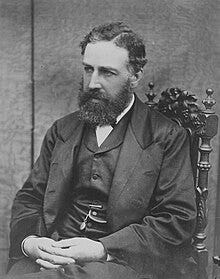
The 19th century Liverpool born engineer William Stanley Jevon coined the phrase Jevon’s paradox, where he observed that increased efficiency of steam engines caused an overall increase in the amount of coal used, as more efficient steam engines started to be used in more settings.
It is wholly a confusion of ideas to suppose that the economical use of fuel is equivalent to a diminished consumption. The very contrary is the truth.46
This is an example of what is called the rebound effect, where there are unforeseen societal consequences around the introduction of a new technology47. For example, cheaper and more efficient electricity might result in people using devices in novel settings and thus increasing rather than decreasing overall energy usage48. For example in the early 1980s my parents bought a more efficient new fridge freezer but retired the old chest freezer to the garage and stored more food there; thus our overall energy consumption rose, not fell.49
There are some recent moves to make the general public more aware of their energy usage, such as the introduction of smart meters and more information on consumer’s energy bills. But most initiatives around energy awareness are presented to the public as a fait accompli, there is no attempt to present the advantages and disadvantages of various energy solutions, to involve them in the decision making process nor in the wider debates to be had about overall energy usage. There is some evidence that the costs of Net Zero has been substantially underestimated by the government50 and if this leads to significantly increased energy bills then this may lead to public disquiet.51
In my next essay I am returning to a more philosophical vein and will be exploring the energy issue through the work of the former Catholic priest Ivan Illich who writing in the early 1970s who talked about the problems around energy and equity.
I knew of one family where the father hid the location of the immersion switch on the grounds that if his wife knew where it was, she’d forget to turn it off!
Maude Barlow,https://thesiliconreview.com/2021/12/unlimited-growth-assumes-unlimited-resources-and-this-is-the-genesis-of-ecocide
https://archive.org/details/TheLimitsToGrowth
https://royalsociety.org/news-resources/projects/low-carbon-energy-programme/large-scale-electricity-storage/
https://ukenergystorage.co.uk/
https://balkangreenenergynews.com/energy-community-serbia-is-preventing-electricity-trade-with-kosovo/
https://eepublicdownloads.entsoe.eu/clean-documents/pre2015/publications/ce/otherreports/Final-Report-20070130.pdf
https://www.statista.com/statistics/322834/transmission-distribution-and-other-losses-of-the-public-electricity-distribution-system-in-the-united-kingdom-uk/
https://www.iea.org/reports/power-systems-in-transition/climate-resilience
https://www.sciencedirect.com/science/article/abs/pii/S0301421510002600
https://www.bbc.co.uk/news/uk-england-suffolk-66970851
https://pureportal.strath.ac.uk/files-asset/66714345/Nedd_etal_CIGRE_2017_Application_of_synchronous_compensators_in_the_GB_transmission.pdf
https://www.sciencedirect.com/science/article/abs/pii/S259033222400263X
https://historicengland.org.uk/images-books/publications/iha-gasworks-gasholders/
https://en.wikipedia.org/wiki/Ribble_Power_Station
https://www.treehugger.com/what-is-a-microgrid-5208727
https://www.npr.org/2023/10/02/1201838599/military-microgrids-climate-change
http://isleofeigg.org/eigg-electric/
https://www.edina.eu/case-studies/queens-university-belfast
https://www.gateshead.gov.uk/article/2993/Gateshead-District-Energy-Scheme
https://tp-heatnetworks.org/gateshead-mine-water-heat-network-complete/
https://www.gateshead.gov.uk/article/25189/Zero-carbon-power-shows-the-way-ahead
https://www.powersystems.rehlko.com/hydrogen-fuel-cell-systems
https://assets.ctfassets.net/zlhl2y58oyef/55JX0s0lJbV9N1rIKkkSjB/8e9b831b2852f1ac98a3329e4a3fee66/KOHLER_Fuel_Cell_Blog.pdf
https://www.hydrogeninsight.com/analysis/no-major-blockers-gas-transmission-network-can-be-repurposed-to-100-hydrogen-three-year-real-life-test-concludes/2-1-1682437?zephr_sso_ott=5svLJD
https://www.oxfordenergy.org/wpcms/wp-content/uploads/2023/11/ET27-Hydrogen-pipelines-vs.-HVDC-lines.pdf
https://www.britishgas.co.uk/the-source/greener-living/hydrogen-heating.html
https://great-home.co.uk/the-future-of-gas-boilers-natural-gas-to-hydrogen-conversion/
https://www.economicsonline.co.uk/business_economics/the-impact-of-small-highly-efficient-and-cheap-nuclear-reactors-on-developed-economies-a-focus-on-energy-costs-and-transportation.html/
https://www.microgridknowledge.com/distributed-energy/article/11427445/microgrids-for-new-eco-friendly-housing-developments-in-the-uk
https://www.neso.energy/industry-information/balancing-services/demand-flexibility-service-dfs; https://www.gov.uk/government/news/data-centres-to-be-given-massive-boost-and-protections-from-cyber-criminals-and-it-blackouts
https://academic.oup.com/ooenergy/article/doi/10.1093/ooenergy/oiad014/7329550?login=false
https://www.rte.ie/brainstorm/2022/0815/1315804-data-centres-ireland-electricity-energy-resources-climate-change/
https://www.irishtimes.com/business/2023/09/29/as-data-centres-sector-keeps-growing-can-ireland-cope/
https://www.renewableenergyworld.com/energy-efficiency/whats-a-negawatt/
https://www.reuters.com/world/americas/how-cubas-electrical-grid-collapsed-what-comes-next-2024-10-18/
https://www.rte.ie/brainstorm/2022/0315/1286447-1970s-energy-shocks-oil-shortages-ireland/
https://www.irishexaminer.com/news/arid-30985548.html
http://news.bbc.co.uk/1/hi/uk/6912650.stm (the newsfeed correctly refers to a power substation but the initial report from the reporter talked about a power station being flooded.
https://www.nature.com/articles/d41586-023-03706-y
https://www.st-andrews.ac.uk/development/making-waves/sustainability/centre-for-energy-ethics/
https://en.wikipedia.org/wiki/Barrow_Offshore_Wind_Farm, for other issues around wind farms see https://www.protectcoastalengland.org/facts-about-offshore-wind/
https://earth.org/environmental-impact-of-e-waste/
https://philosophyterms.com/jevons-paradox/
https://ukerc.ac.uk/publications/the-rebound-effect-an-assessment-of-the-evidence-for-economy-wide-energy-savings-from-improved-energy-efficiency/
https://www.sciencedirect.com/science/article/abs/pii/S0301421508007428
https://www.newyorker.com/magazine/2010/12/20/the-efficiency-dilemma
https://www.ft.com/content/b02b9d51-3e0c-435c-9b53-774ee12ea277
https://www.bbc.co.uk/news/science-environment-60489328





